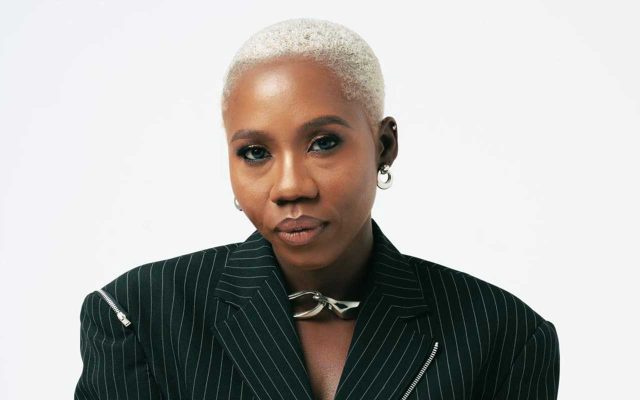For decades, the fight for gender equality has centred women, their rights, representation, and realities. But the longer I’ve worked in this space, the clearer it has become: you can’t talk about women and girls, without also talking about men and boys, and you can’t dismantle patriarchy without confronting the pain it causes both sexes.
Around the world, two truths are becoming impossible to ignore: men and boys are falling behind in many ways, and the old scripts of masculinity aren’t working.
Take education and employment: across both America and the UK, multiple data sources show that girls now outperform boys on several measures from early learning through secondary school, and women outnumber men in universities. According to the United States Congressional Research Service, between 1979 and 2019, median wages for men in the United States fell by three per cent, while women’s rose by nearly twenty-nine per cent. According to the Office for National StatisticsIn the UK, one in seven young men is Not in Education, Employment, or Training (NEET). In Nigeria, public strategy group, Gatesfield, estimates seventy per cent of women in low-income households are breadwinners. Nigeria also leads Africa in sports gambling, with millions of young men seeking financial hope in betting slips.
For generations, the male role was defined by provision; by the idea that a man’s worth was tied to his ability to earn and protect. But as women gain economic independence, that definition has unravelled faster than culture can adapt. The result is a quiet epidemic of pressure and confusion, and the breakdown of intimate relationships. In 2021, sociologists, Pilar Gonalons-Pons and Markus Gangl found that men’s unemployment increases the risk of marital separation by over 30 per cent in societies where the male-breadwinner ideal remains strong. The burden of this instability often falls hardest on women, who are left to navigate both the economic fallout and the social stigma of “failed” relationships.
In Nigeria, these tensions feel particularly urgent. Nigeria is home to the largest population of Black men on earth and how Nigerian men negotiate identity, power, and partnership shapes not only a national story, but the global image of Black masculinity. A 2025 report by The Republic highlighted the emergence of the “Nigerian manosphere”, a loose network of influencers who combine self-help, dating advice, and misogynistic ideology. Within these groups, narratives that shift the blame for men’s frustrations or failures onto women have gained significant traction, perpetuating cycles of resentment and normalising violence.
At The She Tank, we believe gender equality cannot be achieved if men and boys are left behind. Our first Nigerian campaign, #HerMoneyHerPower, launched in partnership with media and entertainment company BellaNaija, shifted how women and men talked about money, and independence, reaching more than a billion people and sparking a national conversation. But it also revealed something deeper: the need for men to enter the chat.
Those insights inspired a collaboration on a new experiment: MENtality with Ebuka, a bold, fun, and deeply human podcast hosted and co-produced by Ebuka Obi-Uchendu, one of Nigeria’s most trusted media voices; and joined this pilot season by Banky Wellington, one of the country’s most recognisable cultural figures. Developed by The She Tank Studios in partnership with Empire Mates Entertainment, and produced by JM Films, MENtality brings together an all-male lineup of guests for candid conversations about what it really means to be a man in a changing world. Each episode dives into a theme shaping modern masculinity: money, relationships, fatherhood, friendship and incel culture.
Developing a show by and for men in a deeply patriarchal society meant walking a delicate line between creating a safe space for men to speak freely, and ensuring that freedom didn’t reinforce harmful ideas. Some opinions shared on the show do not reflect my own, or The She Tank’s views, but we believe conversations, even uncomfortable ones, are essential to shifting social norms.
Faith runs through the conversations on MENtality, intentionally so. Religion has often been misused to justify inequality, and scriptures have been interpreted to demand submission without reciprocity and authority without accountability. Yet when read rightly, sacred texts can heal. Jesus, for example, modelled a masculinity defined by both disruption and tenderness: he wept, he served, and he engaged women as equals in a society that didn’t.
Through this pilot-season collaboration, The She Tank is testing what happens when feminist strategy meets cultural storytelling. MENtality is part of our broader global vision to make gender equality a conversation rooted in everyday culture, not just policy jargon. If #HerMoneyHerPower challenged how we see women and money, MENtality asks us to re-examine men and meaning.
Omakwu, Esq is a Women’s Equality Evangelist, Lawyer, and Storyteller.



